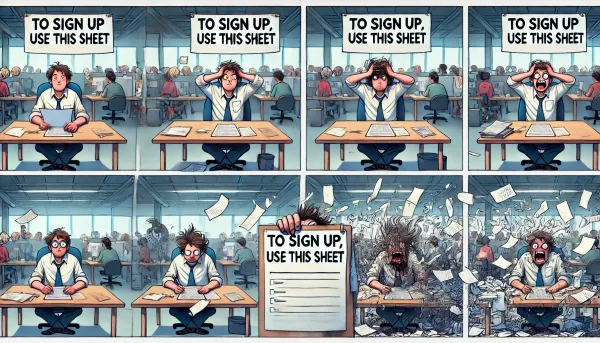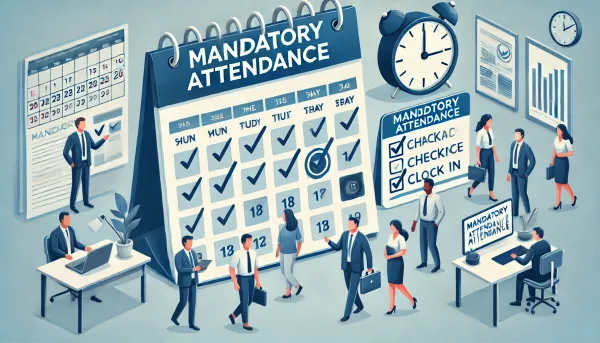No More Real Work
Nikola Tesla visited Henry Ford at his factory, which was having some kind of difficulty. Ford asked Tesla if he could help identify the problem area.
Tesla walked up to a wall of boilerplate and made a small X in chalk on one of the plates. Ford was thrilled, and told him to send an invoice.
The bill arrived, it was for $10,000. Ford asked for a breakdown. Tesla sent another invoice, indicating a $1 charge for marking the wall with an X, and $9,999 for knowing where to put it.
This is one of many incarnations of the “handyman legend.”
I know what you’re thinking: $1 still seems like an awful lot of money for marking the wall with an X, but that’s not the lesson to be learned here.
Here’s the real lesson:
We cannot judge the value of an action purely by the effort of the action itself, often it comes from a lifetime of experience.
And this is not specific to “handymen,” it even applies to managers. I would almost say: it applies especially to managers.
We cannot judge our productivity by the number of actions we take: the number of meetings we’re in, the number of messages that we send, the number of tasks we assign, the number of times we praise somebody, the number of bonuses we hand out.
The higher up the management ladder we climb, the more our impact will be determined by the quality of contribution, not the quantity.
Here’s an excerpt from an article on how Jeff Bezos operated (when he was still Amazon CEO):
In a global culture of overwork, the world’s richest man has a surprisingly chill daily routine.
Jeff Bezos said he prioritizes getting eight hours of sleep each night, then builds “puttering time” into his mornings for things like enjoying his coffee, reading the newspaper, and having breakfast with his kids. Bezos also likes to schedule his first meeting for 10am, and aims to have all his tough thinking done by lunchtime.
“As a senior executive, you get paid to make a small number of high quality decisions,” he told Economic Club president David Rubenstein. Being tired and grouchy doesn’t lay the groundwork for that. “If I make, like, three good decisions a day, that’s enough. And they should be as high quality as I can make them. Warren Buffett says he’s good if he makes three good decisions a year.”
There is no skill in being busy. There is no inherent value delivered by just “doing stuff.”
My running joke with people is that after a meeting I say: “ok, now let’s get back to real work.” Not everybody gets I’m being ironic.
There’s various types of meeting, but they all ought to have one thing in common: they are investments. In time, every meeting should have a payback that is bigger than the time invested in the meeting. That may be for very tangible reasons, such as a planning meeting where product scope is significantly cut. Such cuts can easily save days, weeks or months of development time. It may also be more intangible, yet long term valuable, such as you and me talking about your family history and long-term life plans. This is how we build a relationship, trust, and allows me to potentially help you progress in your career and life. That’s a harder one to put a metric on, but valuable nonetheless.
My point is: a meeting is real work.
Quite often, we make our biggest impact with a seemingly minute remark or question. A former boss described his value in meetings as mostly sitting and listening, and then asking one or two pointed questions that steered the rest of the conversation. Like yoda, but with better grammar.
Sometimes, when my family comes home, they find me sitting on the sofa, reading.
“I thought you were working!”
“What do you think my work entails exactly?”
“Oh dad…”
Then, all of a sudden, I look away from my book.
I get up from the sofa, and climb the stairs to my office.
“What are you going to do, dad?”
“Real work.”
I grab my laptop, and mark my X.




